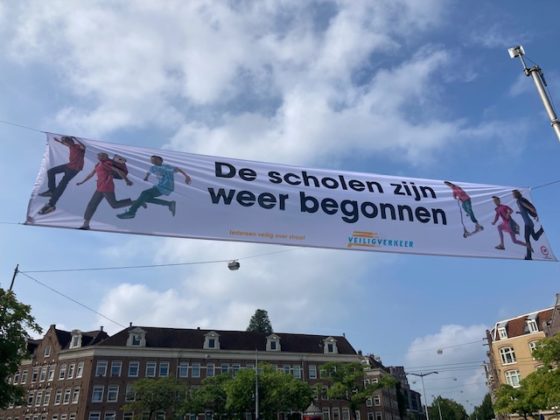As schools in the north go back, ventilation and face masks are still a worry


Schools in the northern school region of the Netherlands, which includes Amsterdam, went back after the summer holidays on Monday – marking the first time in five months secondary school pupils will have been in complete classes.
Primary schools re-opened fully on June 8, but secondary schools still faced social distancing regulations at that point.
The reopening of secondary schools in particular has not been without controversy, and some teachers say all pupils should be required to wear face masks in class, as in the case in some other European countries.
One school in Assen has introduced masks for pupils in the last three years of secondary education, while a school in Hilversum has made them a requirement in corridors, broadcaster NOS reported.
Some public health experts are also worried about poor ventilation in some schools, which could help the virus to spread.
Schools have all been urged to bring in outside experts to assess if extra ventilation is needed. In the meantime, they are being urged to keep doors and windows open so air moves, and not to use fans or other systems which recirculate air.
Education minister Arie Slob told Radio 1 news on Monday that it is crucial everyone sticks to the rules. ‘We have been advised that schools can reopen, but we do not have a 100% guarantee all will go well,’ Slob said.
‘It is important that children who have been in areas with a code orange or red risk warning remain at home in self-isolation.’ This weekend, the government added more parts of Spain and some parts of France to its warning list.
The northern school region includes Drenthe, Groningen, Friesland, Noord-Holland, Overijssel and parts of Utrecht, Flevoland and Gelderland.
The southern school region goes back next week, with the central region, including The Hague and Rotterdam, a week later.
Thank you for donating to DutchNews.nl.
We could not provide the Dutch News service, and keep it free of charge, without the generous support of our readers. Your donations allow us to report on issues you tell us matter, and provide you with a summary of the most important Dutch news each day.
Make a donation